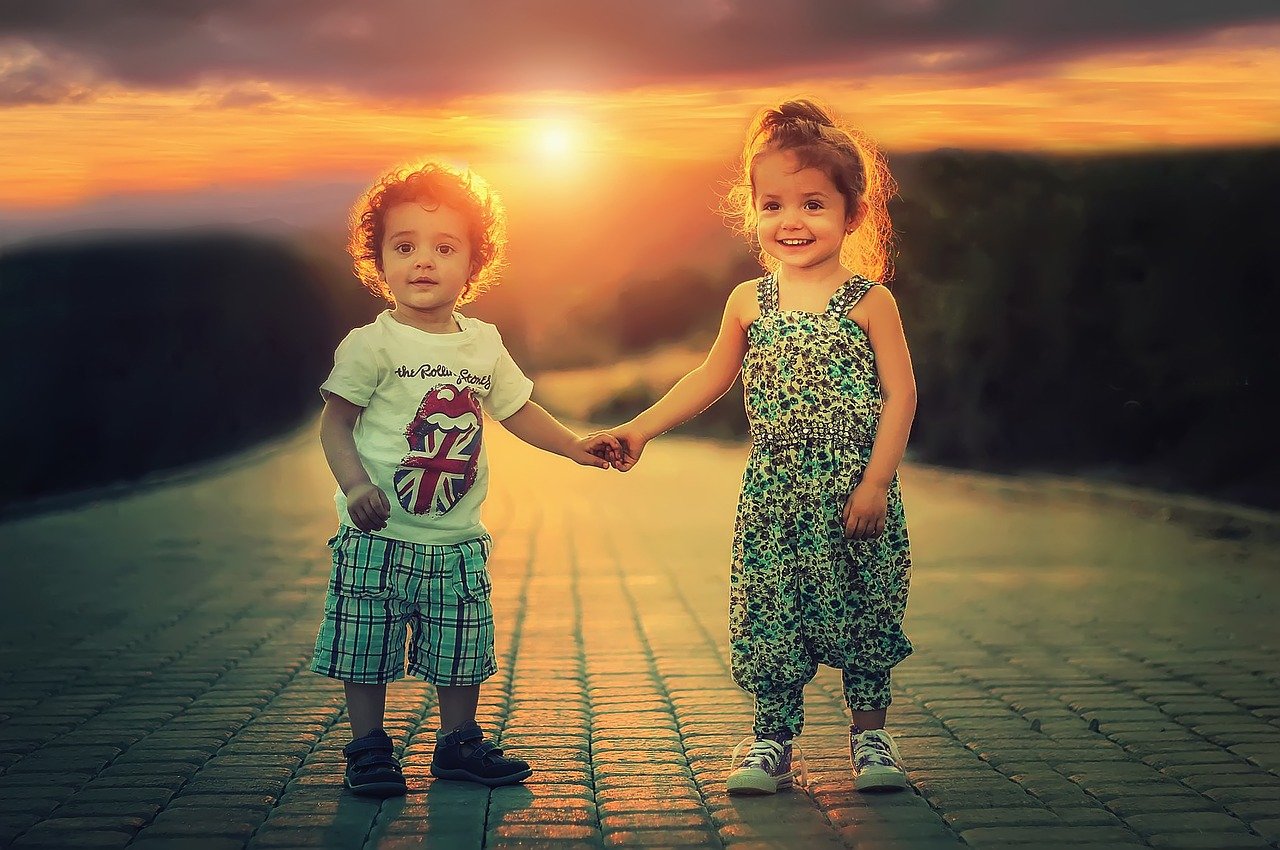You only need a few minutes on social media sites to find that images dominate the web. From selfies to photos of their nicely-prepared last meal, there’s no denying at this age; almost anyone can take their own photographs.
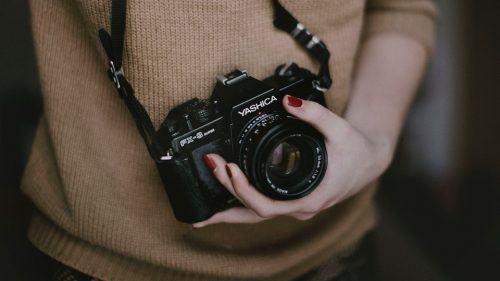
But that’s not to say that anyone can be considered a photographer, let alone do so professionally. If you’re thinking of seriously taking it up as a hobby or planning to go pro someday, here are a few tips you’ll want to know.
Learn To Go On Manual
I’d say the first rule of getting serious in the art of photography is to learn how to use your camera’s manual mode. Some professionals cringe at the idea of using the dreaded automatic mode. While it’ll do the job of capturing an image, there isn’t much art into it.
That’s why we turn to manual mode where you have greater control of your shot. For beginners, the most important concept you’ll need to learn is the exposure triangle: shutter speed, aperture, and ISO. You will do tons of trial and error to master and for you to grow used to taking the exact shot you want.
It Will Take A Lot Of Practice
And we mean a LOT of practice. They say that every amateur photographer’s first 1,000 shots likely won’t be so noteworthy. Hence, you won’t have much to worry so much. Try not to set your expectations for yourself too high.
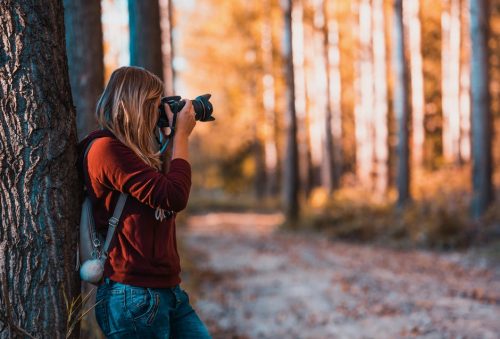
Even if you have taken a couple of excellent photos before, that won’t be a guarantee that all your succeeding shots will be the same. The beauty of photography is that every time you go for a shoot, it will be different in a way. So you’ll never know how well you’ll do. Let yourself just enjoy and have fun.
Even The Best Photographers Edit Their Work
It is likely one of the most considerable frustrations of enthusiasts when they start out. There seems to be this notion that when you’re a good photographer, you no longer need to post-process your work.
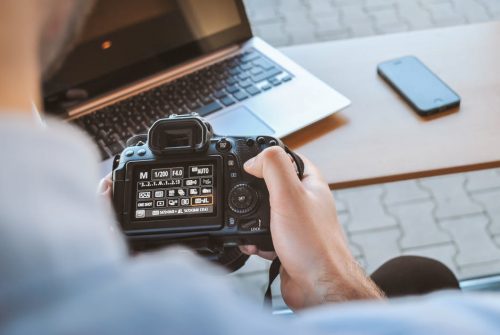
However, you’ll be more likely to need less editing or know when a shot is already acceptable and can just be tweaked somehow. Even professional artists rarely capture a shot where there’s absolutely zero need for editing.
Investing In Gear Is Expensive But Worth It
They say that excellent photography is made through the photographer, not the camera. After all, breath-taking shots taken with low-quality devices is not exactly easy for someone who’s starting out. So you’ll benefit from actually owning some higher-quality professional gear.
Once you are familiar with it, you’ll to want to invest in other equipment such as lenses, filters, Speedlight and a tripod, just to name a few. But be warned, it’ll be costly. Try to save up for the most basic and important pieces first such as lenses. Never forget to plan your budget and compare prices before making a purchase.
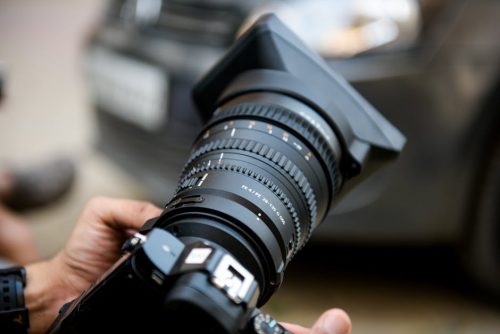
Find And Make Friends
Just like every profession and hobby, beginners will significantly benefit from being active in the local community. Find a club, guild or just a couple of more experienced photographers to join and befriend. You’ll be able to share useful tips and compare notes. You might even find yourself invited to a group shoot where you can further practice your skills.
Another plus is that you’ll probably be able to borrow equipment from each other, allowing you to test something out if you’re planning a purchase. Owners of cameras of the same brand can even swap lenses.
Bring Your Camera Everywhere
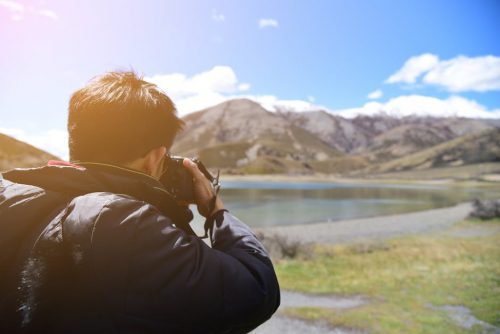
Last but not least, try to bring your camera wherever you go. You’ll never know what might catch your eye and make a lovely or different portrait. Experiment with angles and views. Even in places you’ve been before, you’ll find that having a camera in your hand changes perspectives significantly.
